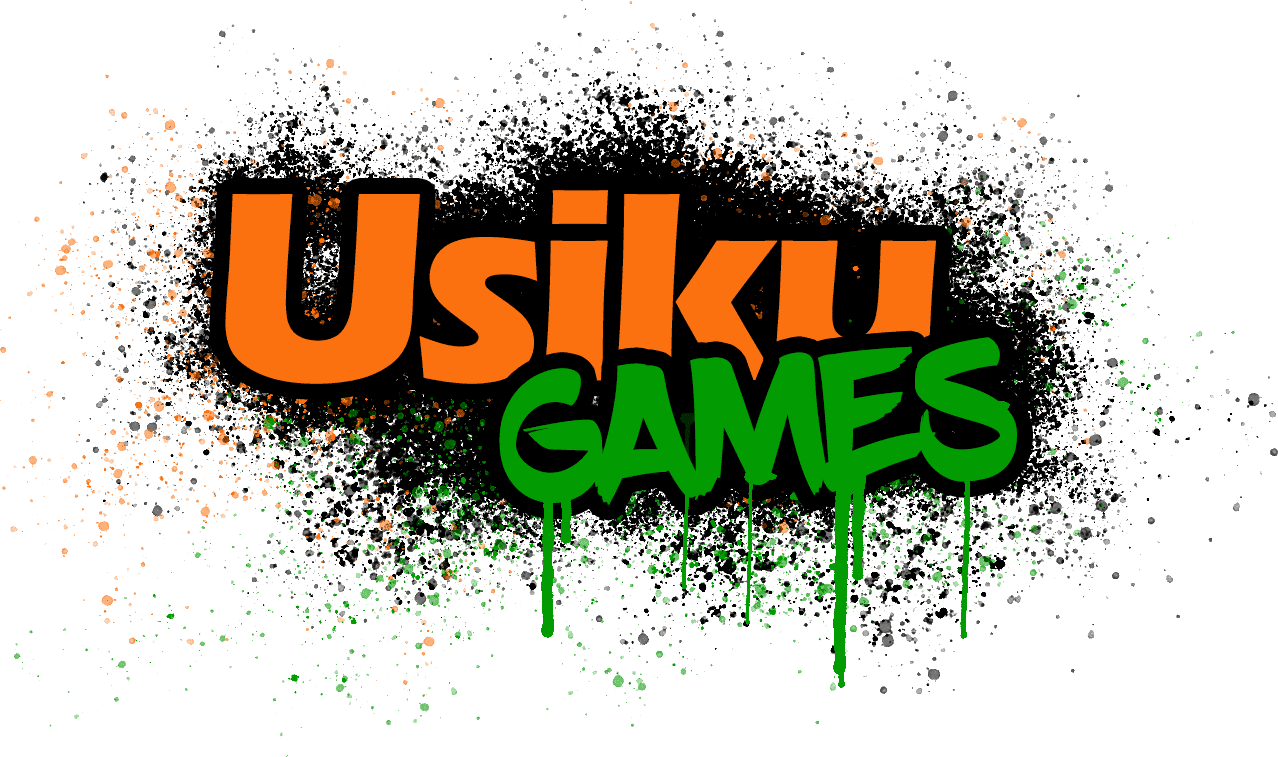Hey there. Have you ever wondered how to start the journey of making games? Well I’ve decided to share my Top 5 Tips on how you can do that and I use a location context of Kenya but you can pretty much apply these principles globally. Let’s get started with the tips!
- Make your first game using some free tutorials (Make it practical)
It’s now almost 10 years since I made my first game back in 2010 and in hindsight, I think that the approach I took was well balanced in that I simply got a YouTube video that was like 30 minutes long (Pretty short right?) and you could say that everything that I’ve done as it relates to making games came after that 30 minute YouTube experience. I guess the lesson with this is that if your heart is telling you to do something, start out small, watch a small video, try and mimic what’s happening in the video and the satisfaction and confidence you’ll get from that will push you to make more and more games. I would always encourage someone to make a game by following a tutorial and using a free game maker like GameMaker or Construct 2
- Build a team
This is probably easier said than done, as finding and coordinating a team requires effort but this task can be made easy. Simply find a bunch of people you’ve worked with before and give yourselves a target of building a game together. If you’re still in school, do this during weekends and holidays and follow a Book tutorial.
As a beginner, you shouldn’t try and make original games from scratch. Look at some YouTube videos and divide different roles in the project to different people. In a Game Development team, you usually have the following roles.
- Project Owner
- Game Developer
- Game Tester
- Finance
- Marketing
But it’s also possible for all these roles to be filled by one person.
I’d really recommend you get the book Game Design: What makes a Game Development Team. It costs about 100 Kenya Shillings on Amazon.
- Join local Communities and go to Events
Going to events and joining online and offline communities is probably the best way to experience any industry in life.
As it relates to Game Development in Kenya, going to centers such as the Nairobi Game Development Center, attending Webinars by Ludique Works and Participating at Game Jams (Competitions where Game Development Culture is celebrated through setting a duration for game to be made) and Joining Groups such as the Africa Game Developers is definitely worth it. This is because being part of a community will enable you to make friends and have fun while also motivating you and showing you that other people in your locale are into the same industry you’re in.
- Get to know the landscape, what are people doing in other countries?
Getting to know what is happening globally will make sure that you’re updated in terms of news and new developments. You will also be better informed as to which niche within the game development industry you can focus on.
As it relates to Game Development, Websites such as Tracxn will show you how many companies there are in the Game Development Space.
Africa Game Developers is a community where different individuals and groups will constantly showcase what they’ve been working on using YouTube trailers and this will be sure to again motivate you. The global and continental space will also let you know when competitions are, a perfect place for you to compete and gain experience.
- Put a price tag on your work
As a Game Developer or person within the industry, and this goes for any industry for that matter, doing your work will require you to invest in resources like time and money. Of course, you are using your work to support your basic needs and so when you do make a game, keep track of how much you’re spending in terms of :
- a) Software (Game Development Software and Desktop Publishing Software)
- b) Communication within the team (This includes the cost of making phone calls or Skype calls if you’re working in a team)
- c) Books and Courses — You may need to further your skills and pay for courses or buy books for certain projects.
If these are the costs you incur in implementing your Game Development projects, once the project is complete, be sure to communicate the value of your offering by putting a price tag on the product (final game).
This will ensure that people who enjoy your work can be able to, first of all, see the value of your work, and secondly, compensate you for your work.
Websites like AHA Games, Itch.io, and Steam are made especially for putting your work in the market where consumers are more than willing to compensate you for your work.
You can always also include a payment feature on your website if you want to sell your work yourself.
Business Development at Usiku Games, creators of Age of Asante
Email: alila@usiku.africa
LinkedIn: Alila Omondi-Wekoto
